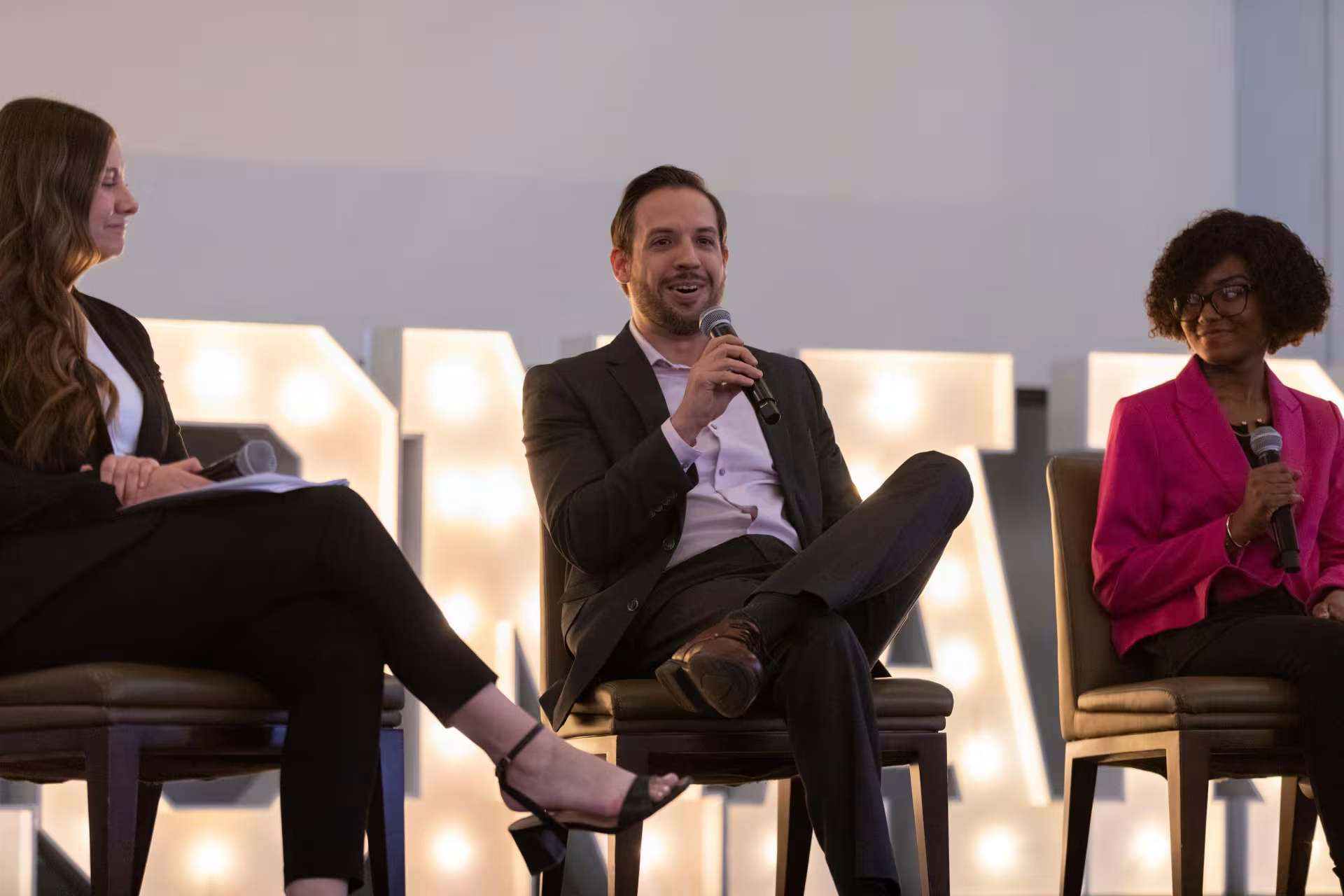Read time 6 minutes
Published on Jan 26, 2017
In the virtual world, there is an unspoken etiquette of participation. Those in the know seem to understand the subtleties of online communication such as all bold and caps does not always translate into “emphasis.” It can otherwise translate into yelling at the reader. It cannot be assumed that because you communicate online that you know the rules of online etiquette.
Here are some do’s and don’ts for online communication:
Review Your Online Writing
Whether you are communicating via email or online classroom discussion forum, following the etiquette of online communication is critical for clear communication. How you communicate in writing can convey tone and help others to understand your point. When communicating in writing online, do:
Be Professional in Video Conferences
In the professional world, one of the most engaging conveniences of the modern age is video conferencing. We feel more connected with folks who are not in our immediate vicinity when we hit a button and there is the individual – face-to-face ready for a conversation. In a professional environment, here are some video conferencing protocols that will help you to present a more polished and scholarly image:
Prepare for a Video Conference
Video Conference Etiquette
Body Language
I hope these tips will help you find success in your online communication. Whether you are a current online learner or a business professional considering an online degree, knowing the rules of online etiquette will help you to become a better communicator.
Grand Canyon University’s College of Doctoral Studies offers online EdD, DBA and PhD programs to help you achieve your academic goals and advance your career. Learn more by visiting our website or contacting us using the green Request More Information button at the top of the page.
More About Dr. Isaac-Smith:
Hazel Isaac-Smith, PhD, is a team lead: senior research specialist for the Office of Dissertations, College of Doctoral Studies at Grand Canyon University. She has 15+ years of teaching and administrative experience in higher education. Dr. Isaac-Smith has a BSc in communicative disorders from Andrews University; BEd from the University of Toronto; MEd in special education from York University in Canada and PhD in emotional/behavioral disorders from Arizona State University.
Dr. Isaac-Smith has a passion for working with adult learners in higher education and brings substantial teaching experience, having taught students ranging from preschoolers to doctoral students. Her research interests lie in the field of linguistics, the pragmatics of language, and psycholinguistics. At Grand Canyon University, Dr. Isaac-Smith’s primary role has been to guide doctoral learners and their dissertation committee members to successful completion of their dissertation journey.





